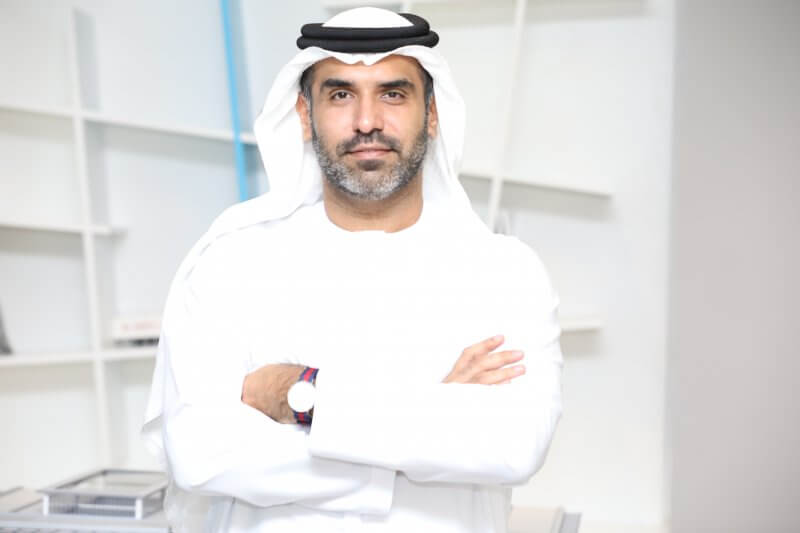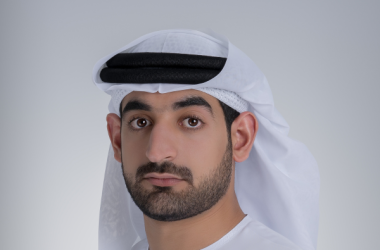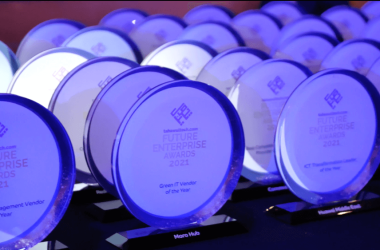
The executive director of Dubai Science Park has said that the future of the Middle East’s scientific industry will be significantly affected by swift technological advancements.
Marwan Abdulaziz Janahi, who has been confirmed as a judge for tahawultech.com’s inaugural Future Enterprise Awards on 14th October at Jumeirah Emirates Towers Hotel in Dubai, said that IT was now not only saving lives, but also advancing the pace of scientific research.
Dubai Science Park’s work focuses around four main areas of science: human science, plant science, energy and environmental science, and Janahi believes that all are now being inextricably linked with and transformed by technology. “Across all of these areas, technology is an important component,” he says. “There is more and more of an overlap between ICT and these sectors. The essence of managing green buildings is a building management system, which is founded on ICT. Using data to predict human conditions is another prime example of where technology is needed.”
[Marwan Abdulaziz Janahi is part of the judging panel of TahawulTech.com Future Enterprise Awards on 14th October 2018 at Emirates Towers, Dubai.| Learn more about TahawulTech.com Future Enterprise Awards.]
While Janahi believes that “all” industries are being disrupted by technology, he says that the healthcare industry in particular sets to benefit citizens through its transformation. “The changes we’re seeing in digital health are particularly impressive,” he says. “Data that sits within servers can now be mined and used for forecasting, while telemedicine gives allows people who don’t have easy access to medical facilities a chance to be looked after. Even regular GP checkups can be done remotely.”
He also believes healthcare transformation will have a significant knock-on effect on other verticals. “There will be a huge disruption in the insurance industry, and managing the journey of patient, which today is all done offline,” he says. “Wearables will be huge, while technologies for things like blood sugar monitoring that connect to smartphones will have a huge impact. The human and environmental sciences will see the biggest disruption in the scientific field.”
Janahi is a chairing member of the Pharmaceuticals and Medical Equipment Task force of the Dubai Industrial Strategy 2030, which was announced in 2016. The strategy focuses on five other key areas – aerospace, maritime, aluminum and fabricated metals, food and beverages and machinery and equipment – and aims to transform Dubai from being a service-based economy, to one that creates “25%” of its GDP from industrial activity.
“The bulk of Dubai’s GDP comes from logistics, finance and tourism,” Janahi says. “Manufacturing currently creates around 9-10% of it, and we want to increase that number substantially. We want these kinds of enablers to make Dubai more successful, with opportunities for the short, medium and long-term.”
Janahi is keen to broaden his technological knowledge by participating as a judge in tahawultech.com’s Future Enterprise Awards. “I’m really excited to be a judge,” he says. “I’ve seen more and more technology adopted by the healthcare and pharmaceutical industries, but for me it’s interesting to see how technology can be deployed, and how we can learn from other industries.”
For more stories on success and business transformation through technology subscribe to our newsletter. You can also follow us on Twitter and LinkedIn, like us on Facebook to get daily updates on the latest tech news.





